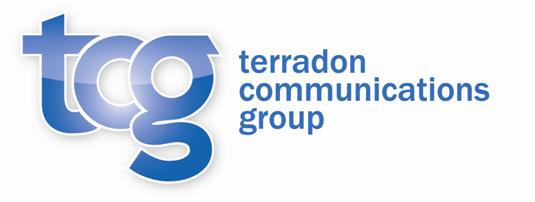· What is the goal of you website?
· How will you measure the results of your website?
· Who is your target audience?
· Is your website easy to navigate?
· Will your website be found?
· How secure is your website and its contents?
Unfortunately we have been called in after someone has attempted to launch their own site because:
· The site had been high jacked and turn into a Russian prescription site or worse
· The site had been hacked and content changed or erased
· The site had not had any hits after launching
· Hosting costs were much higher that advertised due to “add-ons”
· The process actually took much longer than anticipated and the result was not as expected
Time, money, and frustration would have been saved if we had been involved at the outset. As a start-up business you only have one chance to make a good first impression. Are you willing to risk that first impression with a “do-it-yourself” website?
As an existing business with a dated website, how do you compare to your competitors? Are you taking advantage of the latest technology?
Contact for a free, no obligation consultation on the best way to design and develop your website. We know the web, it’s all we do!
